1. Why do strokes often increase in cold weather?
Statistics at hospitals in Vietnam show that the number of stroke patients increases by about 15% - 20% in winter. Some studies on biological rhythms indicate that strokes often occur more in the morning; in many reports, the onset rate between 6am and noon accounts for a significant portion. This is when blood pressure increases rapidly as the body transitions from a resting state to an active state, increasing the risk of blood clots or ruptured blood vessels.
In cold weather, the body increases the secretion of catecholamine hormones, causing vasoconstriction and increased blood pressure – this increases the risk of stroke. At the same time, the elderly often have difficulty adapting to temperature; when leaving warm blankets or suddenly exposed to cold, the blood vessels constrict, blood pressure increases, which can lead to cerebrovascular accidents.
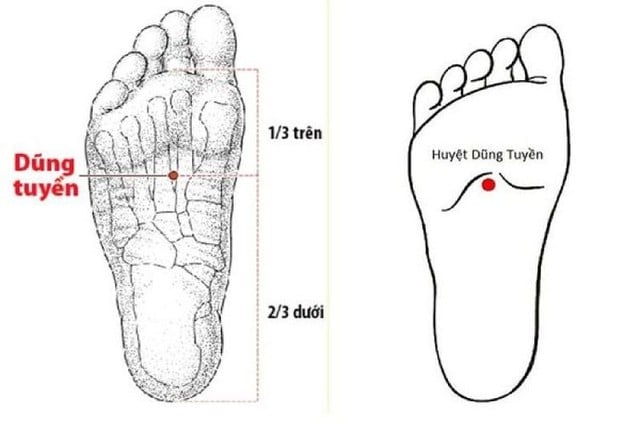
Location of Yongquan acupoint.
Furthermore, in cold weather, the number of red blood cells and platelets in the blood can increase, increasing the risk of blood clots, especially in the elderly with atherosclerosis or high blood lipids. Cold weather also makes us less active, eat less healthy, leading to weight gain, increased fat, and high blood pressure - all of which increase the risk of stroke.
According to traditional medicine, stroke in the elderly mainly originates from the condition of Liver - Kidney disharmony due to irregular eating, living or emotional state. When Liver and Kidney Yin is deficient, internal wind easily develops; adding the cold of winter causes stagnation of meridians, blockage of clear orifices, causing stroke symptoms.
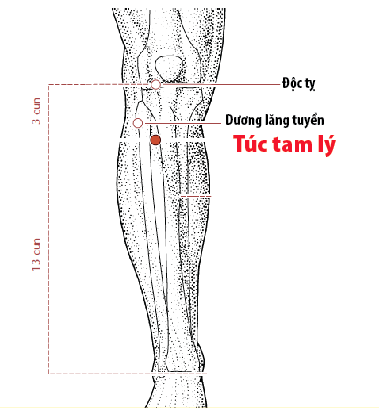
Acupoint Zusanli.
2. Some measures to prevent stroke in cold weather
To prevent stroke in cold season, everyone should practice a healthy lifestyle:
- Limit consumption of animal fat, foods high in salt and sugar.
- Avoid alcohol and limit smoking to control blood pressure.
- Keep warm: Dress warmly, wear gloves and socks.
- Avoid opening the door or going out suddenly when the temperature is low to avoid catching a cold.
- Relieve stress, avoid stress.
- Exercise regularly, choose exercises that are suitable for your strength.
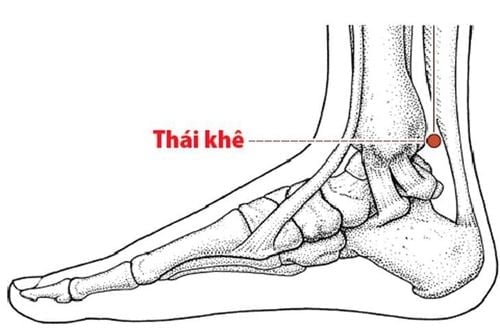
Thai Khe acupoint
In addition, some traditional medicine methods can be applied which are very useful in the cold season:
2.1. Acupressure to improve resistance
Stimulating the acupoints helps increase blood circulation, balancing the internal and external energy of the body. Recommended acupoints: Yongquan, Zusanli, Taixi, Sanyinjiao, Fengchi. Press and massage each acupoint clockwise about 30 times.
Location of acupuncture points:
- Dung Tuyen: Located at the junction of the front 1/3 and middle 1/3 of the sole of the foot.
- Stomach 36: Place the palm of your hand in the middle of the knee, the tip of the middle finger touches the shin bone (tibia), from there measure out 1 inch (about 2.5 cm).
- Thai Khe: Located right behind the inner ankle, in the concave area near the heel.
- Tam Am Giao: The depression on the edge of the tibia, 3 inches above the ankle.
- Phong Tri: In the depression of the medial border of the sternocleidomastoid muscle and the lateral border of the trapezius muscle attached to the base of the skull.
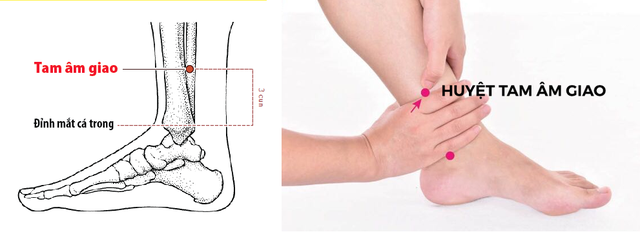
Sanyinjiao acupoint.
2.2. Warm-up exercises every morning
Sit on your heels with your knees hip-width apart. Bend forward with your arms extended on the bed, forehead lightly touching the floor. Breathe deeply and feel the relaxation spread throughout your body for about 30 seconds, repeat 10 times.
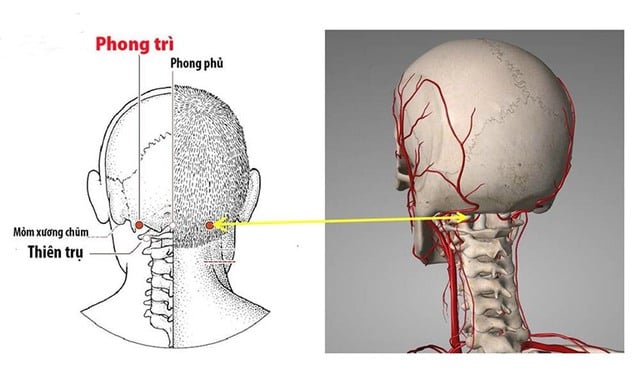
Fengchi Point.
2.3. Using ginger and perilla tea helps warm the body
Ingredient:
- Perilla leaves: 1 small handful
- Fresh ginger: ½ root
- 600 ml water
- Rock sugar: Just enough to make it easy to drink
Use:
- Wash perilla leaves, crush or chop.
- Wash ginger (can keep skin), crush.
- Add perilla and ginger to the pot, cook with water for 10 - 20 minutes (first 5 minutes on medium high heat).
- Drink while tea is still warm.
See more popular articles:
Source: https://suckhoedoisong.vn/bac-si-y-hoc-co-truyen-khuyen-cao-mot-so-bien-phap-phong-ngua-dot-quy-vao-mua-lanh-16925112006054686.htm




![[Photo] Lam Dong: Panoramic view of Lien Khuong waterfall rolling like never before](/_next/image?url=https%3A%2F%2Fvphoto.vietnam.vn%2Fthumb%2F1200x675%2Fvietnam%2Fresource%2FIMAGE%2F2025%2F11%2F20%2F1763633331783_lk7-jpg.webp&w=3840&q=75)
![[Photo] National Assembly Chairman Tran Thanh Man holds talks with South Korean National Assembly Chairman Woo Won Shik](/_next/image?url=https%3A%2F%2Fvphoto.vietnam.vn%2Fthumb%2F1200x675%2Fvietnam%2Fresource%2FIMAGE%2F2025%2F11%2F20%2F1763629724919_hq-5175-jpg.webp&w=3840&q=75)
![[Photo] President Luong Cuong receives President of the Senate of the Czech Republic Milos Vystrcil](/_next/image?url=https%3A%2F%2Fvphoto.vietnam.vn%2Fthumb%2F1200x675%2Fvietnam%2Fresource%2FIMAGE%2F2025%2F11%2F20%2F1763629737266_ndo_br_1-jpg.webp&w=3840&q=75)

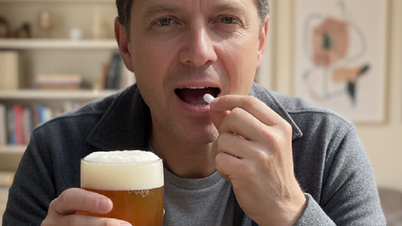








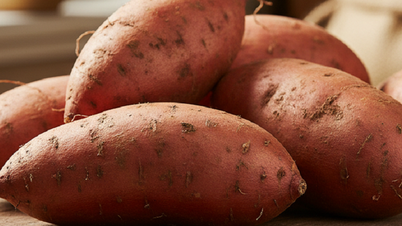
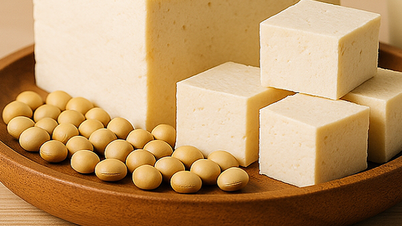
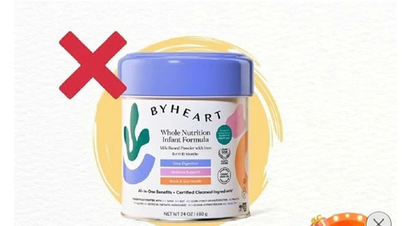

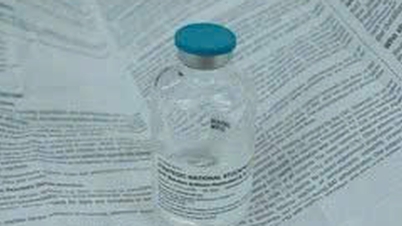
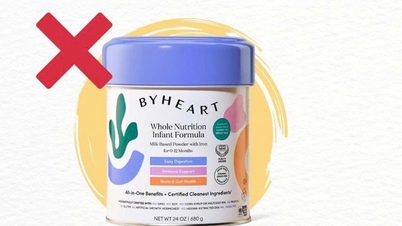





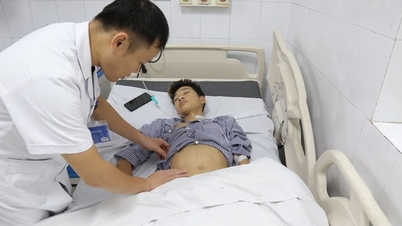


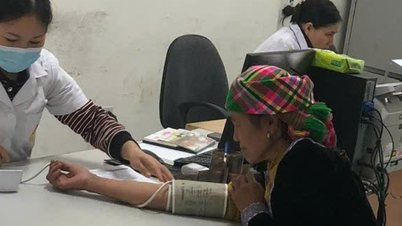



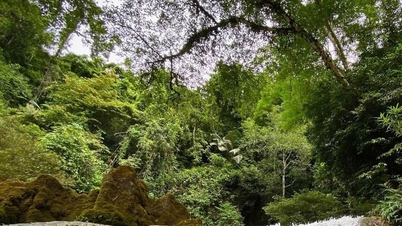








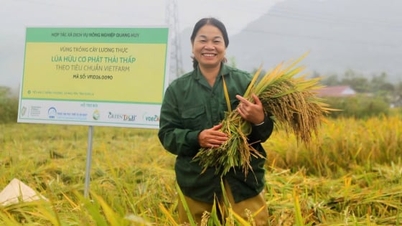

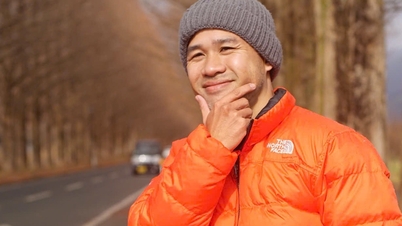
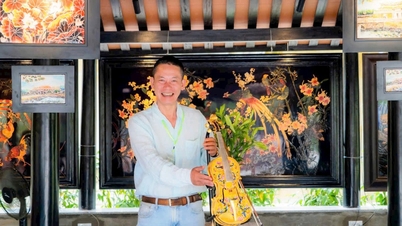
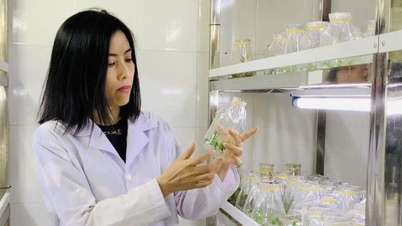

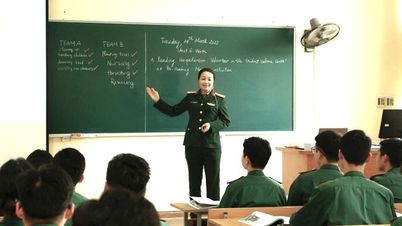


















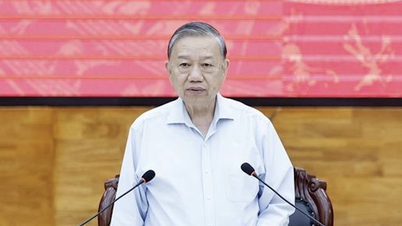


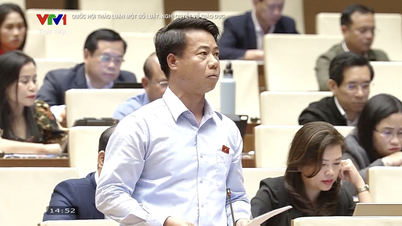



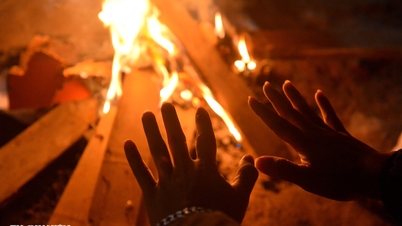
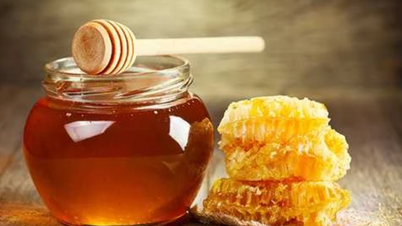






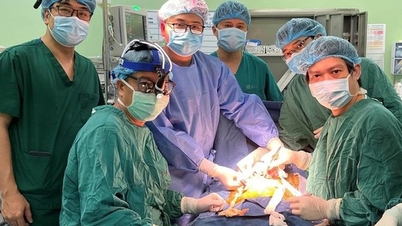
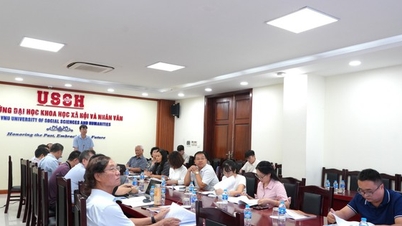


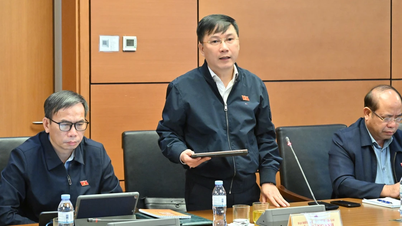




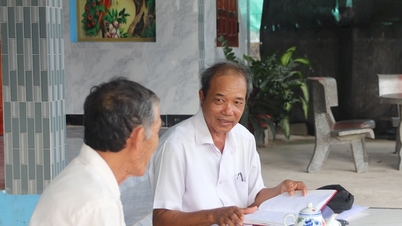
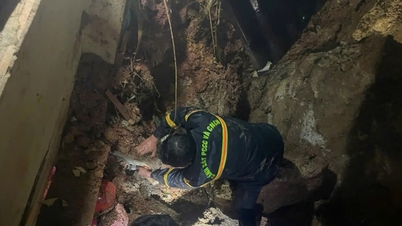


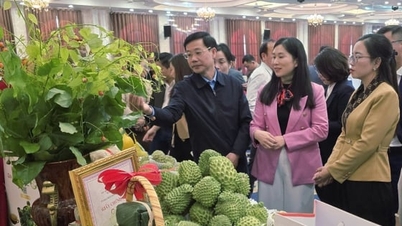











Comment (0)